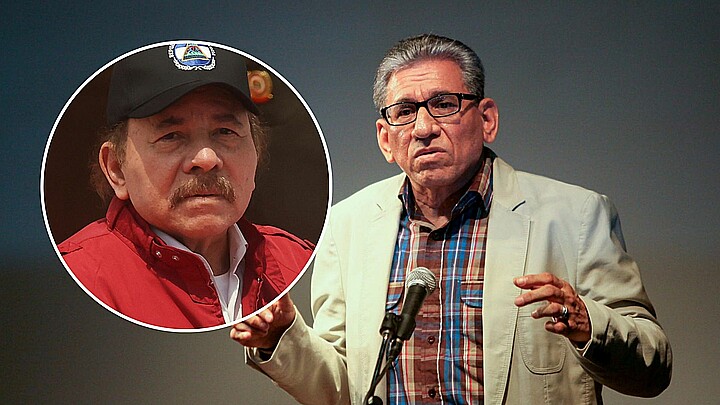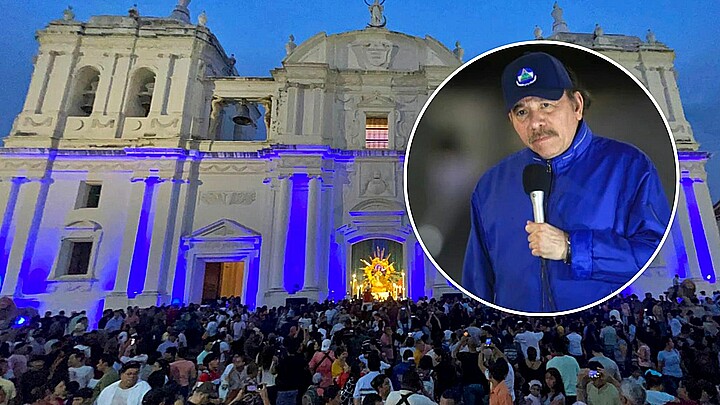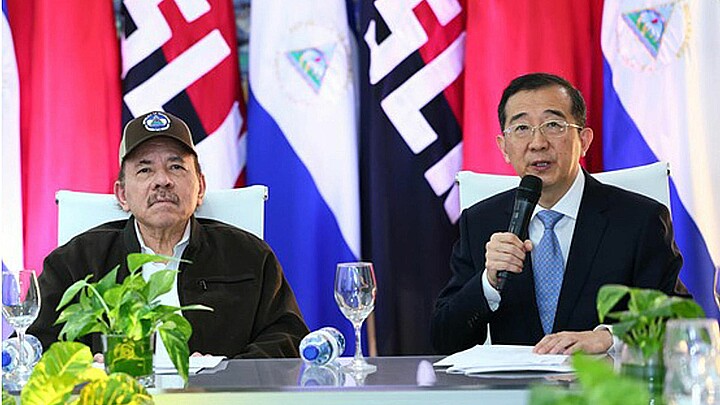Human Rights
Ignoring calls for a 'Christmas without political prisoners,' Nicaragua freed only common criminals
Out of the 1,000 prisoners that were released this week by the Nicaraguan dictatorship, not one was originally incarcerated for political reasons.
December 28, 2021 4:15pm
Updated: December 28, 2021 6:35pm
In the run-up to Christmas, Nicaraguan opposition leaders and human rights organizations campaigned for a "Christmas without political prisoners" – calling on President Daniel Ortega’s authoritarian regime to free the 171 dissidents who have been arbitrarily detained for months, most of them accused of “treason.”
In an act of feigned benevolence, the Nicaraguan regime announced on Dec. 21 that it would be releasing more than 1,000 prisoners.
“We greet the families that were reunited today, in what we call familiar coexistence, with their relatives who were imprisoned throughout the National Penitentiary System for different failures, mistakes, that we all commit as humans,” said Vice President Rosario Murillo when announcing the release of the inmates.
Since 2016, the Ortega regime has systematically released 26,386 convicted criminals through a government “excarceration program.”
Out of the 1,000 prisoners who were released this week, however, not one was originally incarcerated for political reasons. The 171 political prisoners remained incarcerated and were denied visitation rights over the holidays.
"Though the sham election has come and gone, Ortega-Murillo continue to arrest opposition figures on contrived charges and to try to silence critical voices. We join calls in Nicaragua for a #NavidadSinPresosPoliticos," U.S. Assistant Secretary of State for Western Hemisphere Affairs Brian A. Nichols tweeted earlier this month.
Currently, over 70 percent of Nicaraguans believe that Ortega’s political prisoners should be released, according to a recent poll by CID Gallup Nicaragua. “There’s consensus that the political prisoners should be freed,” said CID Gallup Director Luis Haug.
The data further found that 50 percent of those polled stated that they felt fearful, 16 percent felt threatened by the government and the police, and only 20 percent felt free.










